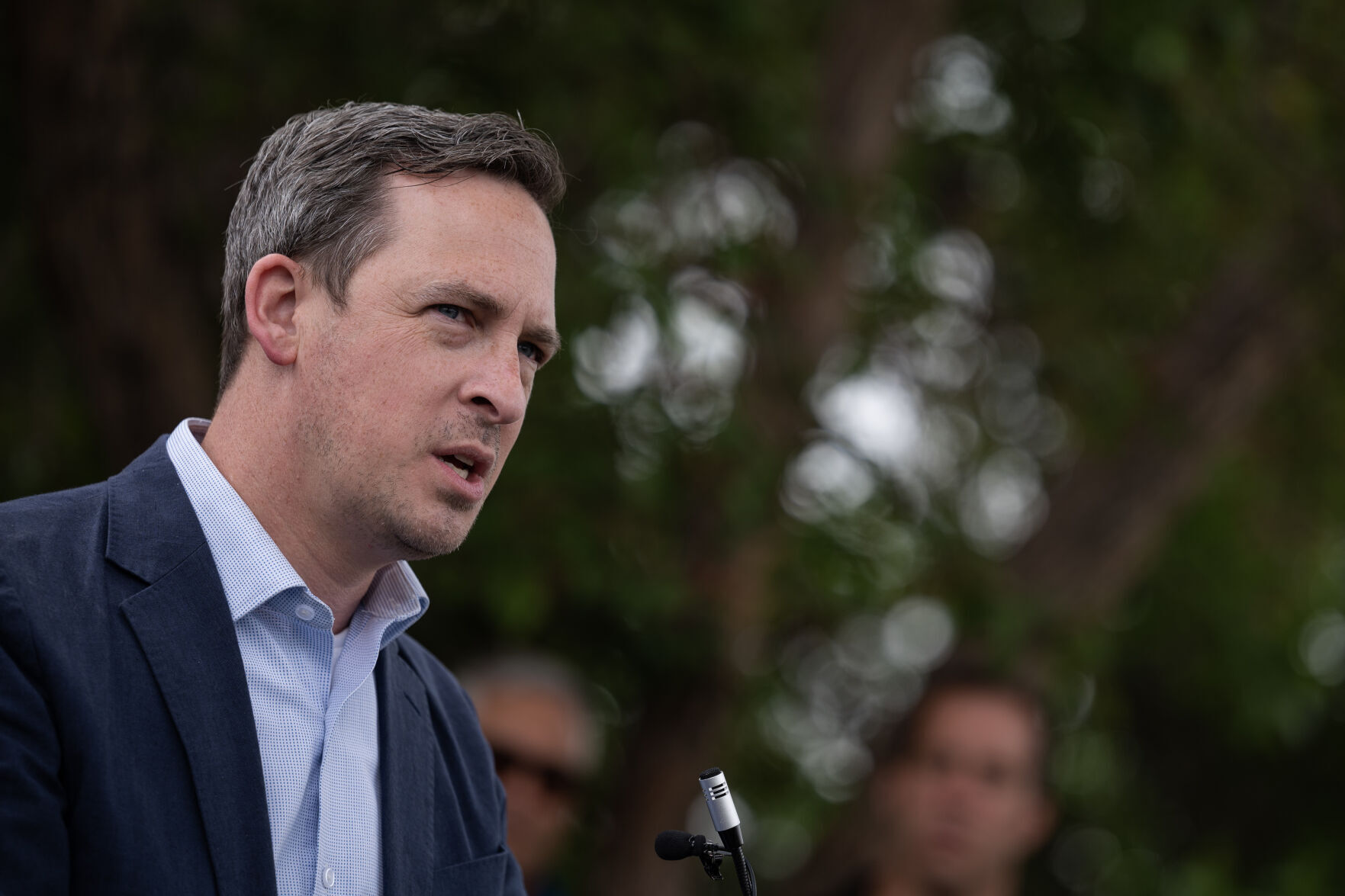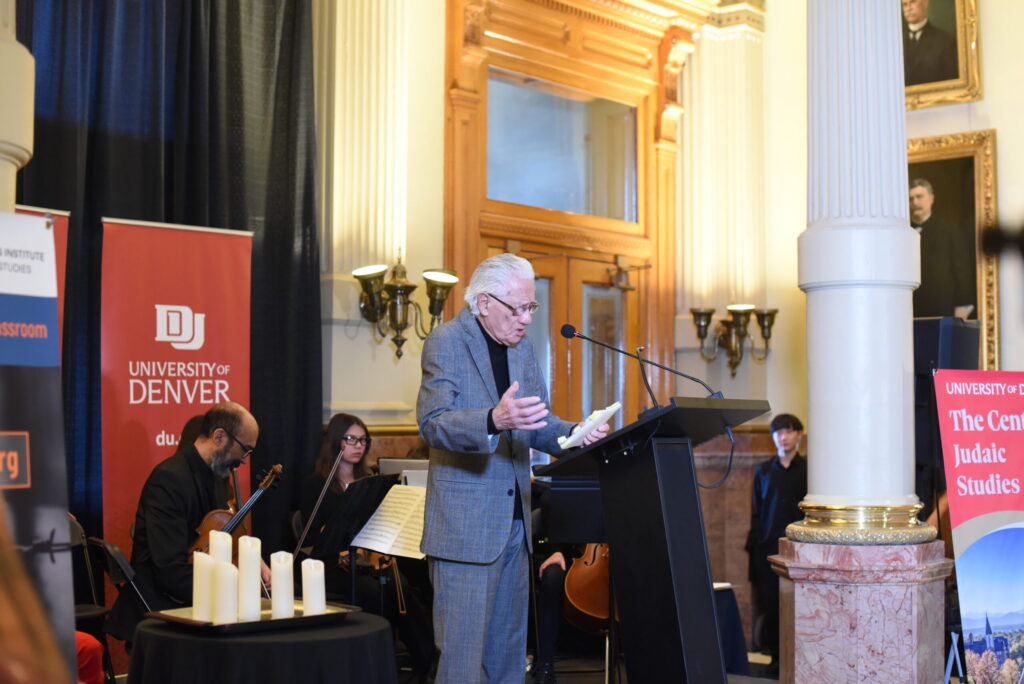Colorado Democratic leadership ‘not engaging’ in wage increase talks, says state union

A labor union representing legislative aides, organizers and campaign workers said talks on wage increases have stalled due to a lack of engagement from Democratic leadership, an assertion that Senate President Steve Fenberg disagreed with, saying a bill tied to discussions has moved from the House to the Senate.
In a letter, the Political Workers Guild of Colorado said its members proposed a cost-of-living wage increase from $23 an hour to $30 an hour, along with full benefits akin to those provided to other members of the General Assembly.
The group said state leadership ignored the proposal and declined to meet with the union earlier this month. Its members, the union said, requested to discuss increasing raises beyond leadership’s proposed $1.57 an hour.
“Democratic leadership abandon the labor values they campaign on when it comes time to pay their staff a living wage,” the union said. Twenty-four Democratic legislators have signed the letter, calling on their colleagues to re-engage in negotiations.
Leaders said they have been actively engaging in discussions with the union from the start.
Fenberg, D- Boulder, said he is confused by the allegations outlined in the letter. He said Democratic leadership has worked with the union since its creation in 2021 and has continued to do so this session.
“The conversations this year have been fine and they’ve been often, so I think it’s a mischaracterization to say that we aren’t negotiating,” he said, adding that “it’s not a negotiation, it’s a discussion and a conversation, and I feel we’ve made a lot of progress.”
Fenberg said leadership collaborated with the union to increase aides’ wages from $16 an hour to $23 last year, alongside increasing hour limits and providing health care benefits to senior aides.
He said aides’ salaries were outlined in this session’s budget bill, which passed through the House without debate. He noted that now that the bill has reached the Senate, “negotiations broke down.”
During the brief explanation of HB 1347, House Speaker Julie McCluskie, one of the sponsors, said the bill reflects a 6.8% pay increase for all staff in the legislative branch, including legislative aides.
Fenberg argued that if the legislators who signed the letter had concerns about the bill’s allocation for aide wages, they should have addressed them on the House Floor when a vote was taken.
“That’s like me passing a bill in the Senate, and then I lobby the House to amend it because it’s a bad bill,” he said. “Why’d you pass that bill? Why didn’t you amend it yourself?”
Rep. William Lindstedt, D-Broomfield, one of the signatories who served as a once legislative aide and remembers being paid $14 per hour, admitted he did not raise the concerns about the pay issue when HB 1347 went through the House on second reading on March 4 and a final vote on March 5.
“I have always had the position that legislative aides should be a full-time salary position,” he said, adding it’s something he said he has shared with fellow lawmakers.
That said, “we have made incredible strides to pay our legislative aides a more livable salary, although I’d like to see it higher. There has been a lot done in this space and that’s a good thing,” Lindstedt added.
He also commended leadership for working on the issue, but he said he wants to see aides paid as full-time staff rather than hourly employees.
Rep. Steven Woodrow, D-Denver, also signed the letter and voted in favor of the legislative budget bill. He said he signed the letter in support of his aide.
Colorado Politics’ Marianne Goodland contributed to this report.














